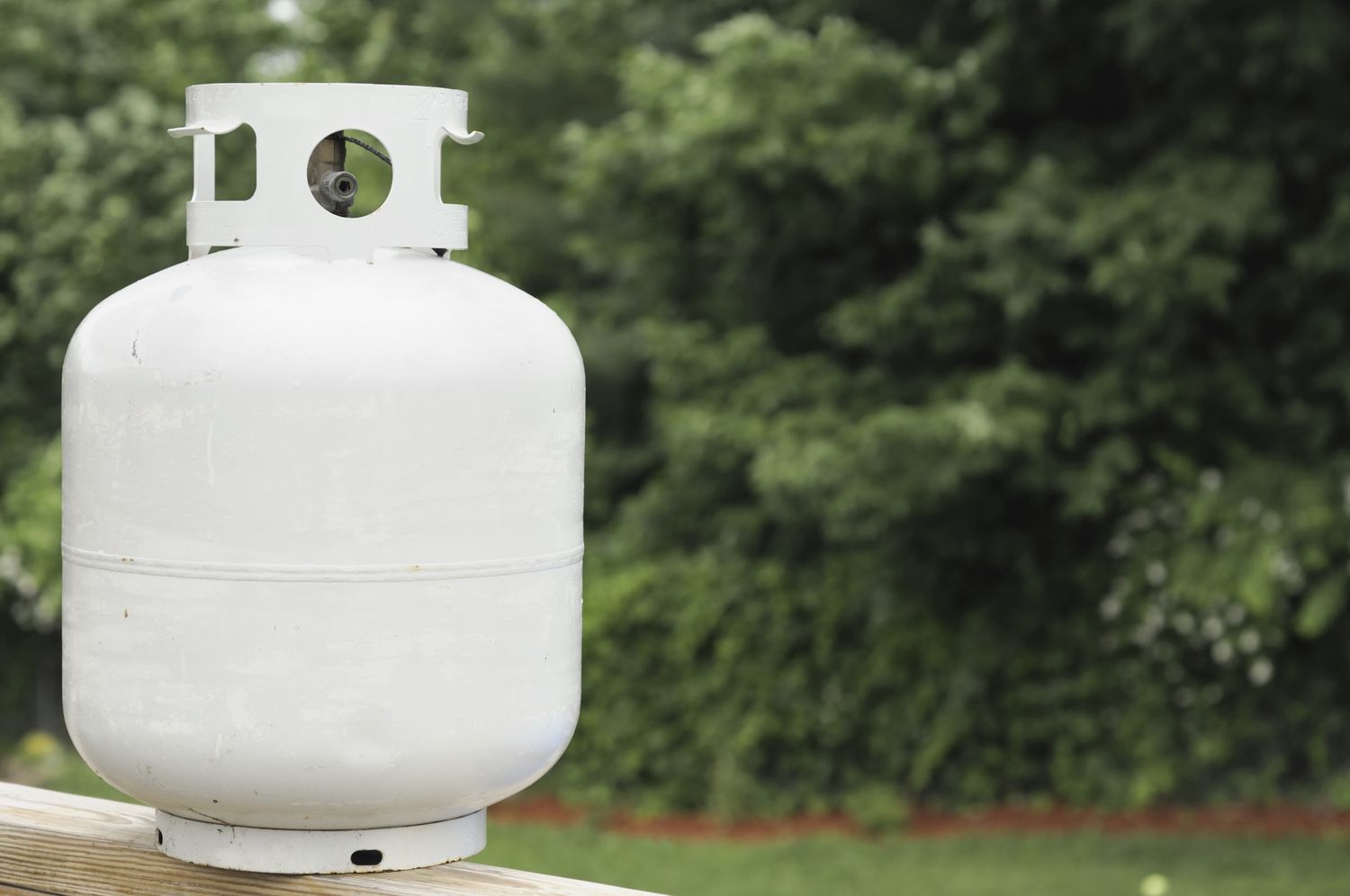

Articles
How Much Propane Does A Water Heater Use
Modified: October 31, 2024
Find out how much propane a water heater consumes with this informative article. Learn about factors that affect propane usage and tips for maximizing efficiency.
(Many of the links in this article redirect to a specific reviewed product. Your purchase of these products through affiliate links helps to generate commission for Storables.com, at no extra cost. Learn more)
Introduction
Welcome to our article on the topic of how much propane a water heater uses. If you are considering switching to a propane water heater or already have one installed, it’s essential to understand how propane consumption can impact your energy bills. Propane water heaters are a popular choice due to their efficiency, reliability, and ability to provide hot water on demand. However, it’s important to be aware of the factors that affect propane usage and ways to optimize it for cost-effective and eco-friendly operations.
In this article, we will explore the inner workings of a propane water heater, factors that influence propane consumption, and average usage rates for different sizes of water heaters. We will also provide you with some practical tips to help reduce your propane consumption and maximize efficiency. By the end of this article, you will be equipped with the knowledge to make informed decisions about your propane water heater usage.
Key Takeaways:
- Understanding the factors that influence propane consumption in water heaters, such as size, temperature settings, and usage patterns, empowers homeowners to make informed decisions to reduce energy bills and optimize efficiency.
- Practical tips, including adjusting temperature settings, insulating the water heater, and considering high-efficiency or tankless units, offer actionable strategies to minimize propane consumption, save money, and promote eco-friendly water heating practices.
Read more: How Much Propane Does A Fireplace Use
How Does a Propane Water Heater Work?
Before diving into the details of propane consumption, let’s first understand how a propane water heater operates. A propane water heater typically consists of a tank, burner assembly, and a system of pipes and valves. When you turn on the hot water faucet, a series of events is triggered to ensure a steady supply of hot water.
The process begins with the thermostat sensing the drop in water temperature inside the tank. Once the temperature falls below the desired level, it sends a signal to the burner assembly. The burner, fueled by propane, ignites and heats the water inside the tank. The heated water rises to the top of the tank, and as you use hot water, cold water enters the tank to maintain a constant supply.
Propane water heaters are known for their efficiency and quick recovery time. The burners are designed to maximize heat transfer to the water, ensuring that you have hot water whenever you need it. However, the amount of propane consumed during this process can vary depending on several factors.
Factors Affecting Propane Consumption in Water Heaters
Several factors can influence the amount of propane a water heater consumes. Understanding these factors can help you better manage your propane usage and make informed decisions. Here are the primary factors that affect propane consumption in water heaters:
- Water Heater Size: The size of the water heater plays a crucial role in propane consumption. Larger water heaters have a higher storage capacity and may consume more propane to heat the larger volume of water. On the other hand, smaller water heaters may cycle more frequently, leading to increased energy consumption. It’s important to choose a water heater size that suits your household’s hot water needs without excessive waste.
- Water Temperature Setting: The temperature setting on your water heater can significantly impact propane consumption. The higher the temperature setting, the more propane will be used to heat the water. While it’s tempting to crank the temperature up for hotter showers, consider finding a comfortable temperature that balances your needs while saving energy.
- Usage Patterns: How and when you use hot water can also affect propane consumption. If you have a large household with multiple occupants taking consecutive showers or running hot water for extended periods, your propane usage will be higher compared to a smaller household with less frequent hot water demands. Being mindful of your hot water usage habits can help you manage propane consumption more efficiently.
- Insulation: The level of insulation in your water heater tank and pipes can have a significant impact on propane consumption. Good insulation minimizes heat loss, allowing the water heater to maintain the desired temperature more effectively. Ensure that your water heater is properly insulated to maximize energy efficiency and reduce propane usage.
- Maintenance and Efficiency: Regular maintenance and upkeep of your water heater are crucial for optimal performance and efficiency. A well-maintained water heater operates more efficiently, resulting in lower propane consumption. Consider scheduling regular inspections, cleaning out sediment buildup, and checking for any leaks or malfunctions.
By considering these factors and implementing appropriate measures, you can minimize propane consumption and reduce your energy bills, all while enjoying a continuous supply of hot water.
Consider the size of your water heater and its usage. On average, a 40-gallon water heater uses about 2,100-2,200 gallons of propane per year. Keep this in mind when budgeting for propane usage.
Average Propane Usage for Different Sizes of Water Heaters
The average propane usage for water heaters can vary based on their size and efficiency. To give you a general idea of propane consumption, let’s take a look at the average usage rates for different sizes of water heaters:
- 30 to 40 Gallon Water Heater: A water heater with a capacity of 30 to 40 gallons typically uses around 0.5 to 0.75 gallons of propane per hour of operation. This size is commonly found in smaller households with one or two occupants.
- 50 to 60 Gallon Water Heater: Water heaters in the range of 50 to 60 gallons consume approximately 0.7 to 1 gallon of propane per hour. These larger capacity water heaters are often found in households with three to five occupants.
- Over 60 Gallon Water Heater: Water heaters with a capacity exceeding 60 gallons may consume around 1 to 1.5 gallons of propane per hour. These larger units are typically installed in homes with multiple bathrooms and larger families.
It’s important to note that these figures are just estimates and can vary depending on factors such as insulation, usage patterns, thermostat settings, and the overall efficiency of the water heater. Additionally, the actual propane consumption of your water heater may fluctuate based on factors unique to your household.
If you’re unsure about the propane usage of your specific water heater, it’s recommended to consult the manufacturer’s specifications or reach out to a professional for more accurate information.
By understanding the average propane usage associated with different water heater sizes, you can make informed decisions when selecting a new water heater or optimizing the performance of your existing one.
Tips to Reduce Propane Consumption in Water Heaters
If you’re looking to reduce your propane consumption in your water heater and lower your energy bills, here are some practical tips to consider:
- Lower the Temperature: Lowering the temperature setting on your water heater can significantly reduce propane consumption. Consider adjusting the thermostat to a slightly lower temperature that still provides comfortable hot water. Every 10 degrees Fahrenheit reduction can potentially save you up to 5% on your water heating costs.
- Insulate Your Water Heater: Adding insulation to your water heater and the surrounding pipes can minimize heat loss. Insulating blankets or jackets can help improve the water heater’s efficiency and reduce the need for the burner to run frequently, leading to decreased propane usage.
- Fix Leaks and Drips: Even small leaks or drips in your water heater can waste both water and propane. Check for any leaks or dripping faucets and have them fixed promptly to prevent unnecessary propane consumption.
- Upgrade to a High-Efficiency Unit: Consider upgrading to a high-efficiency water heater if your current model is outdated. Newer models are designed to provide better insulation and improved heating capabilities, resulting in significant energy savings and reduced propane consumption over time.
- Optimize Water Usage: Be mindful of how you use hot water. Take shorter showers, fix any leaking pipes, and avoid running hot water unnecessarily. These small changes in water usage habits can add up and make a significant difference in your propane consumption.
- Maintain Regular Maintenance: Stay on top of regular maintenance tasks, such as flushing the tank to remove sediment buildup, checking the pressure relief valve, and inspecting for any signs of wear or malfunction. Proper maintenance ensures optimal performance and energy efficiency.
- Consider a Tankless Water Heater: Tankless water heaters heat water on demand, eliminating the need for storing and constantly reheating a large volume of water. These units are highly efficient and can significantly reduce propane consumption by only heating water when it’s needed.
By implementing these tips, you can minimize propane consumption, save money on energy bills, and make your water heating system more sustainable and eco-friendly.
Conclusion
Understanding how much propane a water heater uses is essential for managing energy consumption and optimizing efficiency. By considering the factors that affect propane consumption, such as water heater size, temperature settings, usage patterns, insulation, and maintenance, you can make informed choices to reduce propane usage.
Choosing the appropriate water heater size for your household’s needs, adjusting the temperature setting to a comfortable yet energy-efficient level, and insulating your water heater can all contribute to significant energy savings. Additionally, regular maintenance and fixing any leaks or drips can prevent wastage of propane and water.
When it comes to reducing propane consumption, optimizing water usage habits and considering upgrades to high-efficiency units or tankless water heaters are also effective strategies. These options provide better insulation, improved heating capabilities, and the ability to heat water on demand, resulting in substantial energy savings.
Remember, every small step towards reducing propane consumption counts. Whether it’s lowering the temperature by a few degrees, fixing leaks promptly, or being mindful of your hot water usage, these efforts can make a noticeable impact on your propane consumption and energy bills.
By implementing the tips discussed in this article and making conscious choices about propane usage, you can strike a balance between comfort, sustainability, and cost-effectiveness for your water heating needs.
So, take control of your propane consumption, reduce your environmental footprint, and enjoy the benefits of an energy-efficient water heating system in your home.
Frequently Asked Questions about How Much Propane Does A Water Heater Use
Was this page helpful?
At Storables.com, we guarantee accurate and reliable information. Our content, validated by Expert Board Contributors, is crafted following stringent Editorial Policies. We're committed to providing you with well-researched, expert-backed insights for all your informational needs.
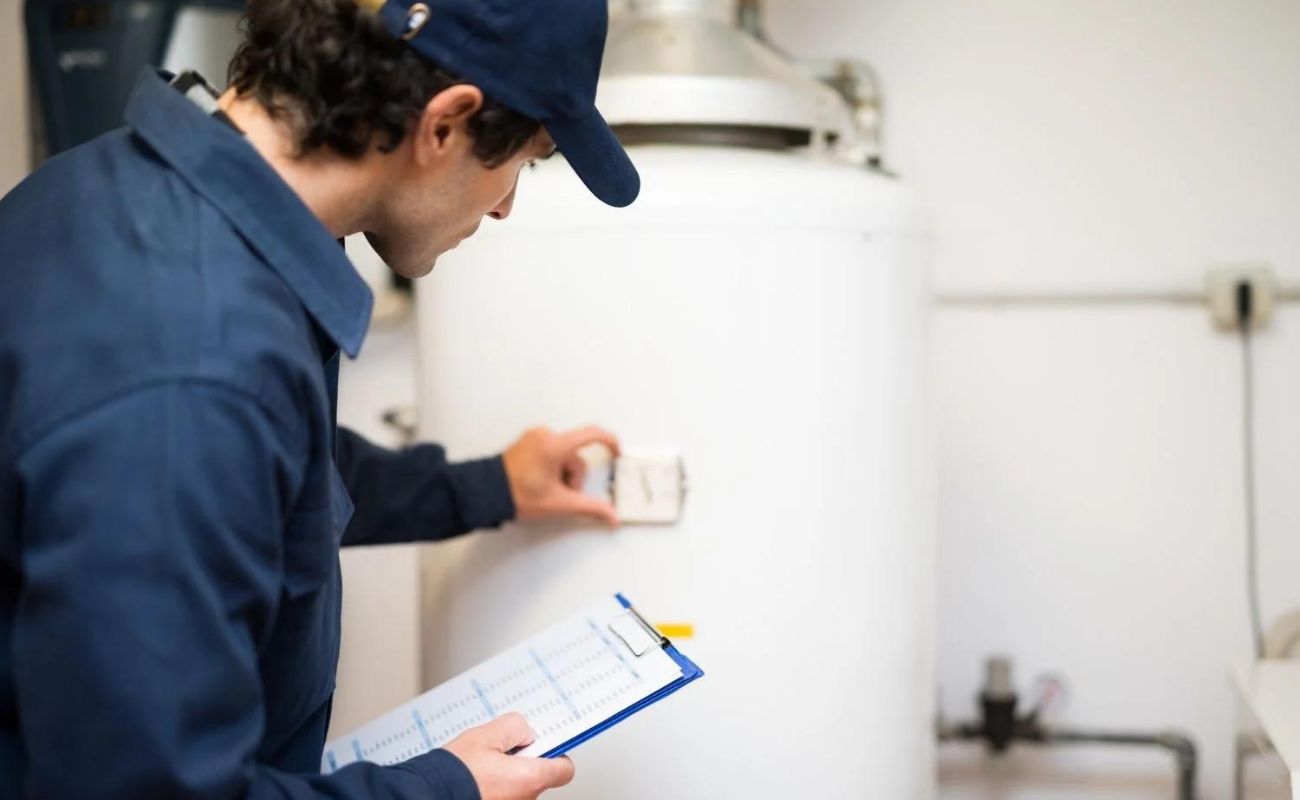
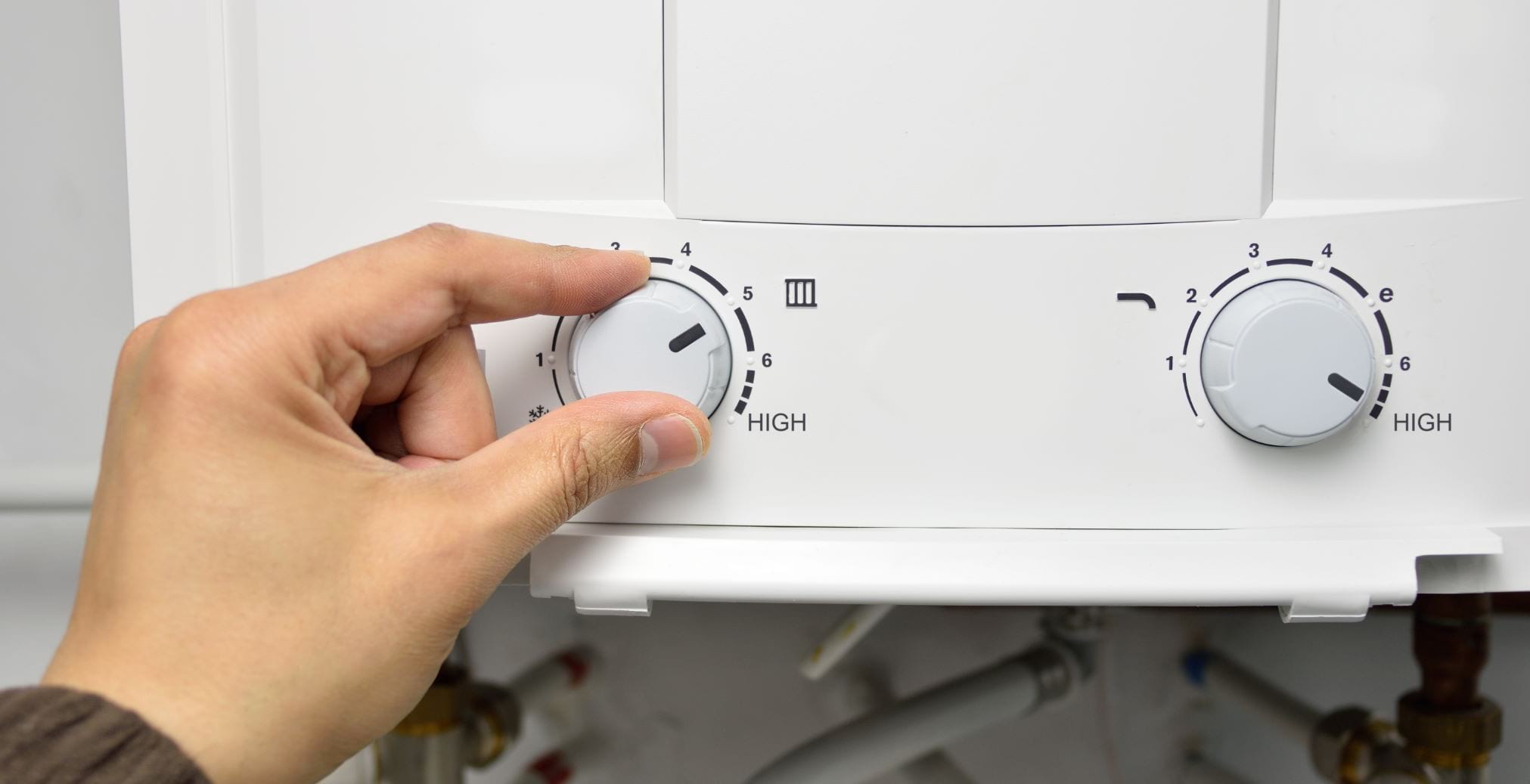
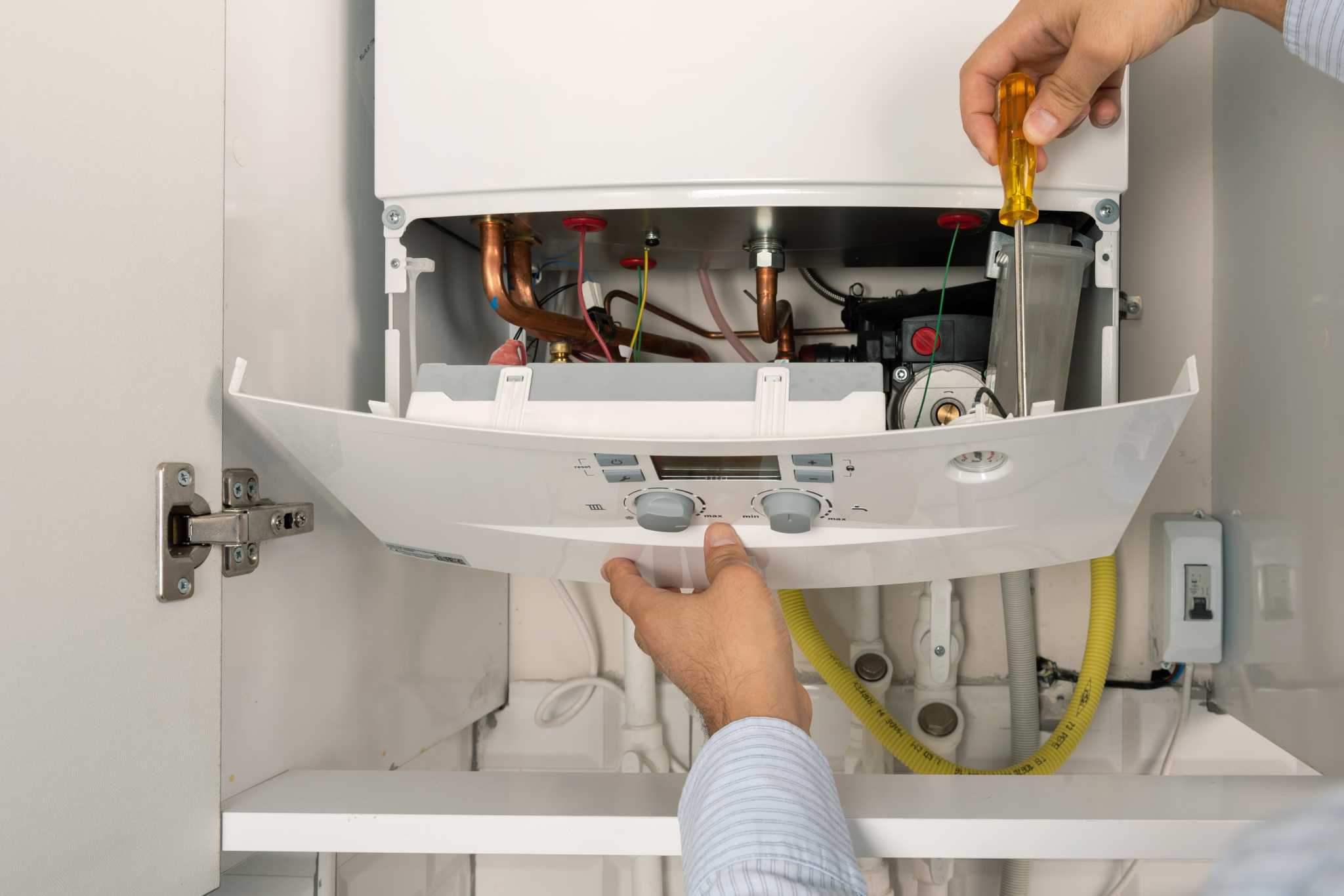
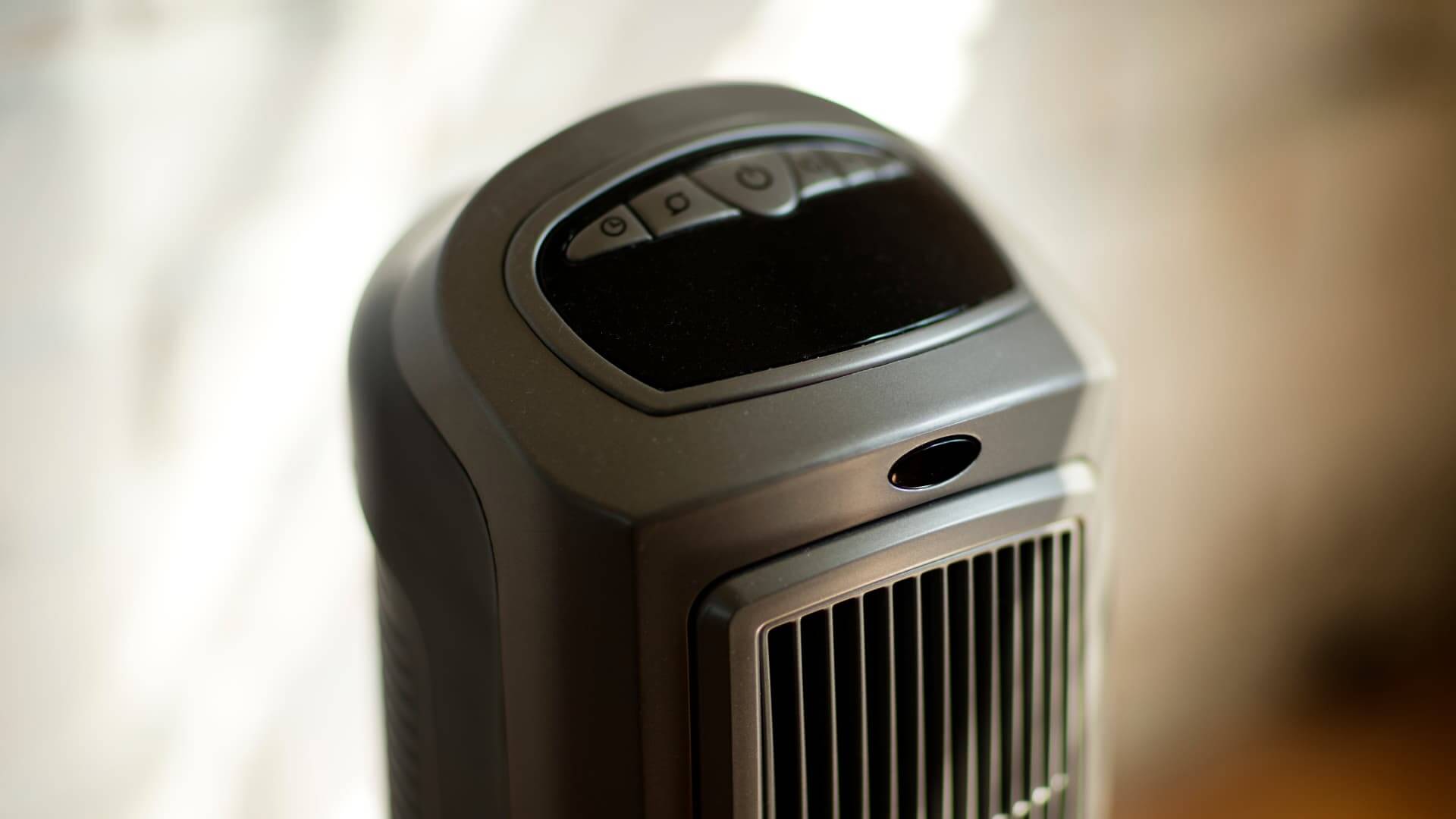
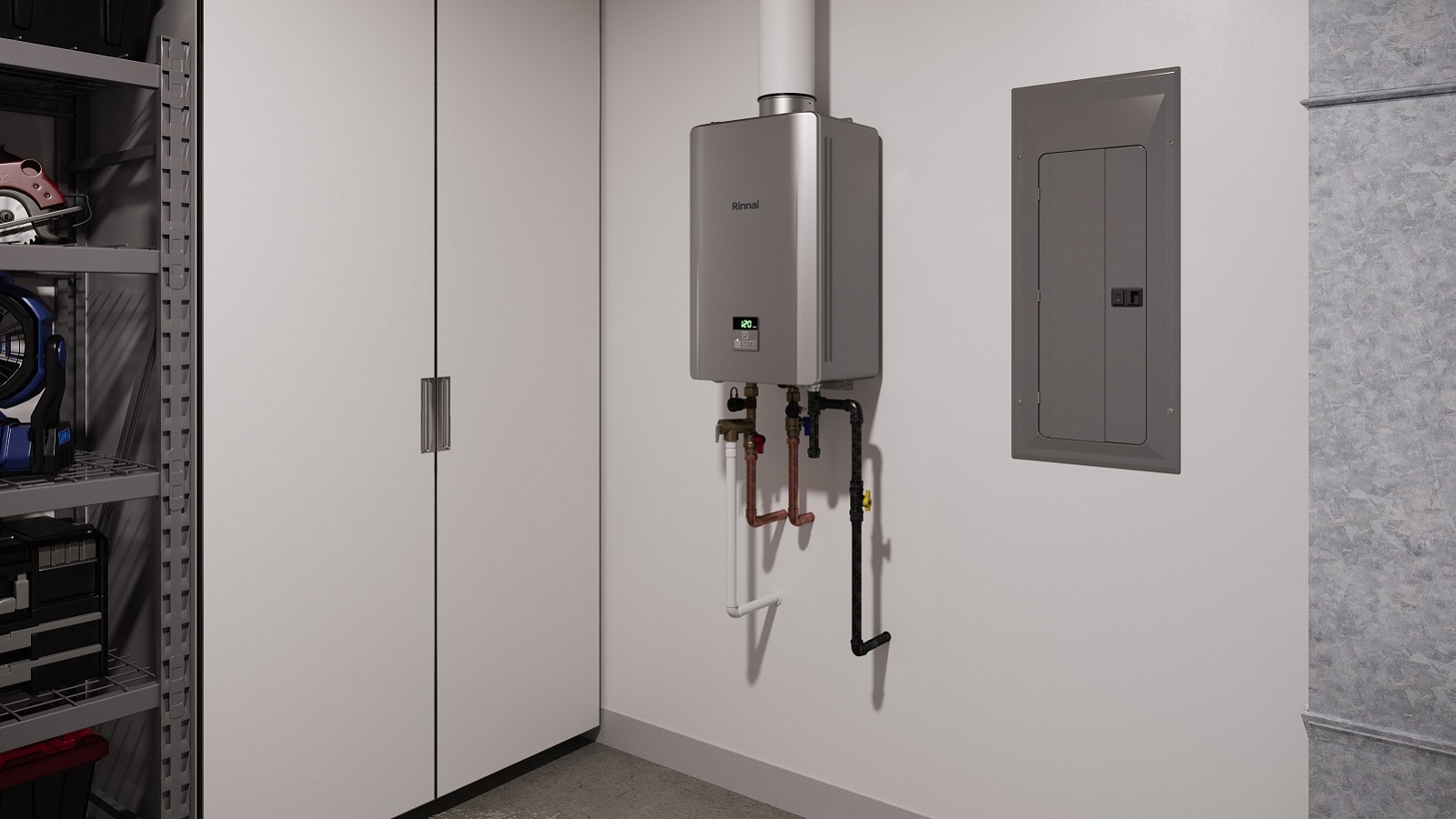
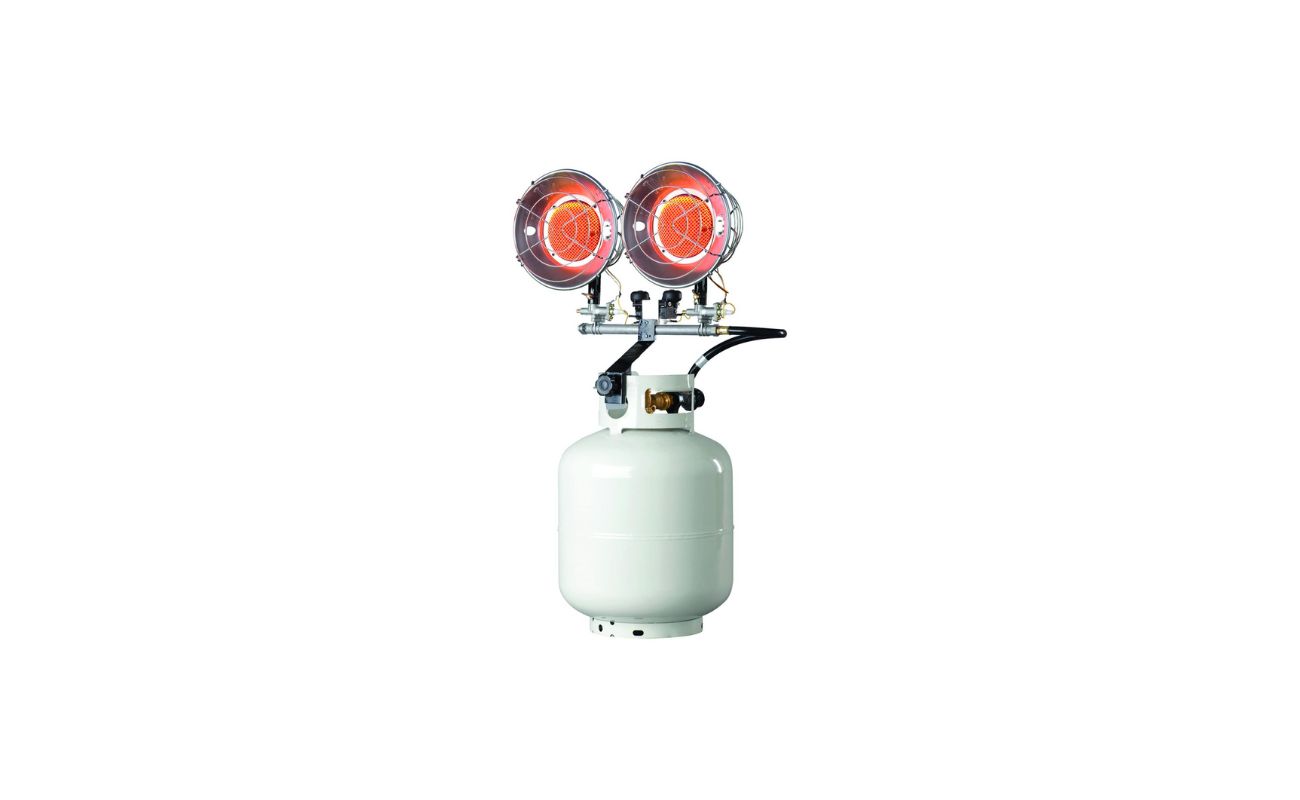
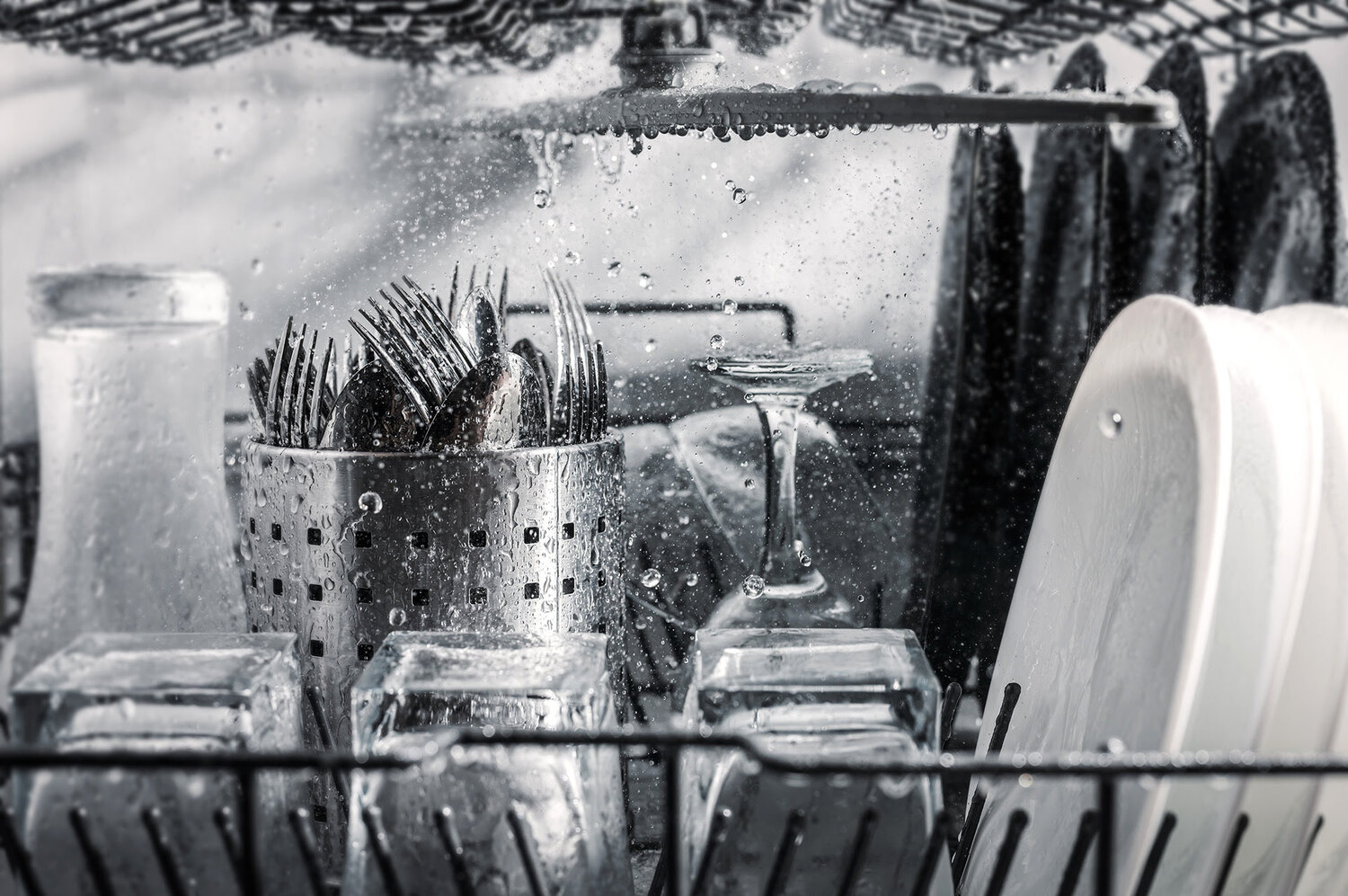
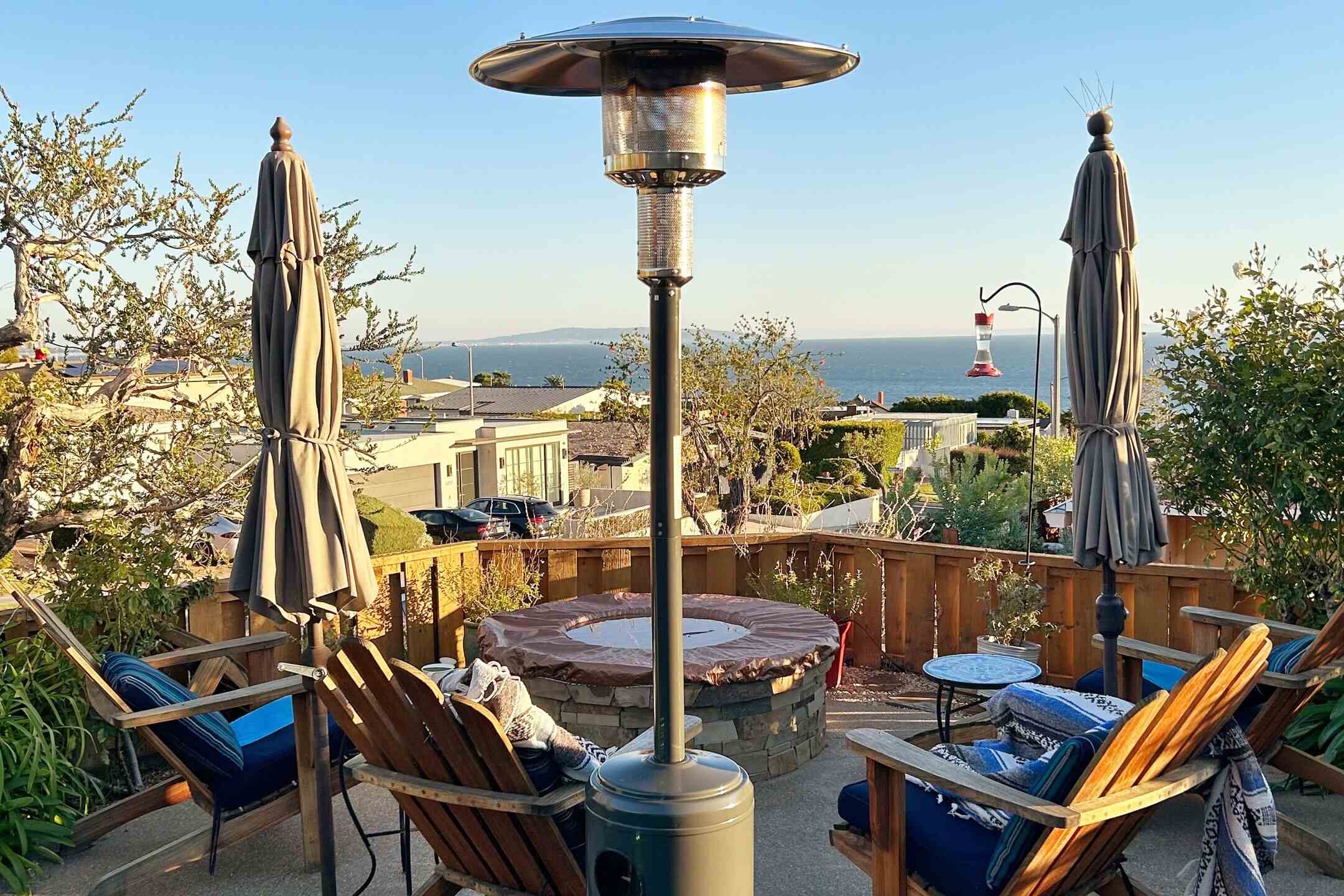
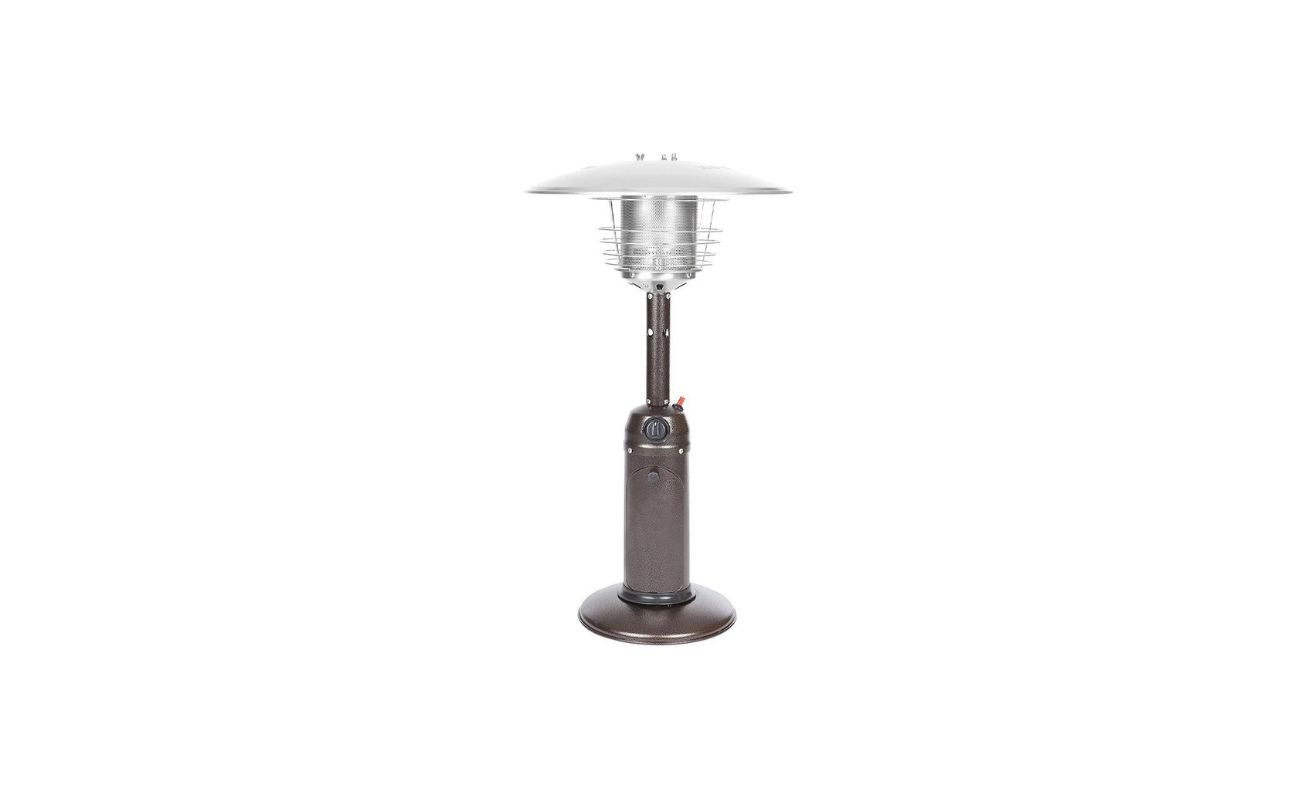
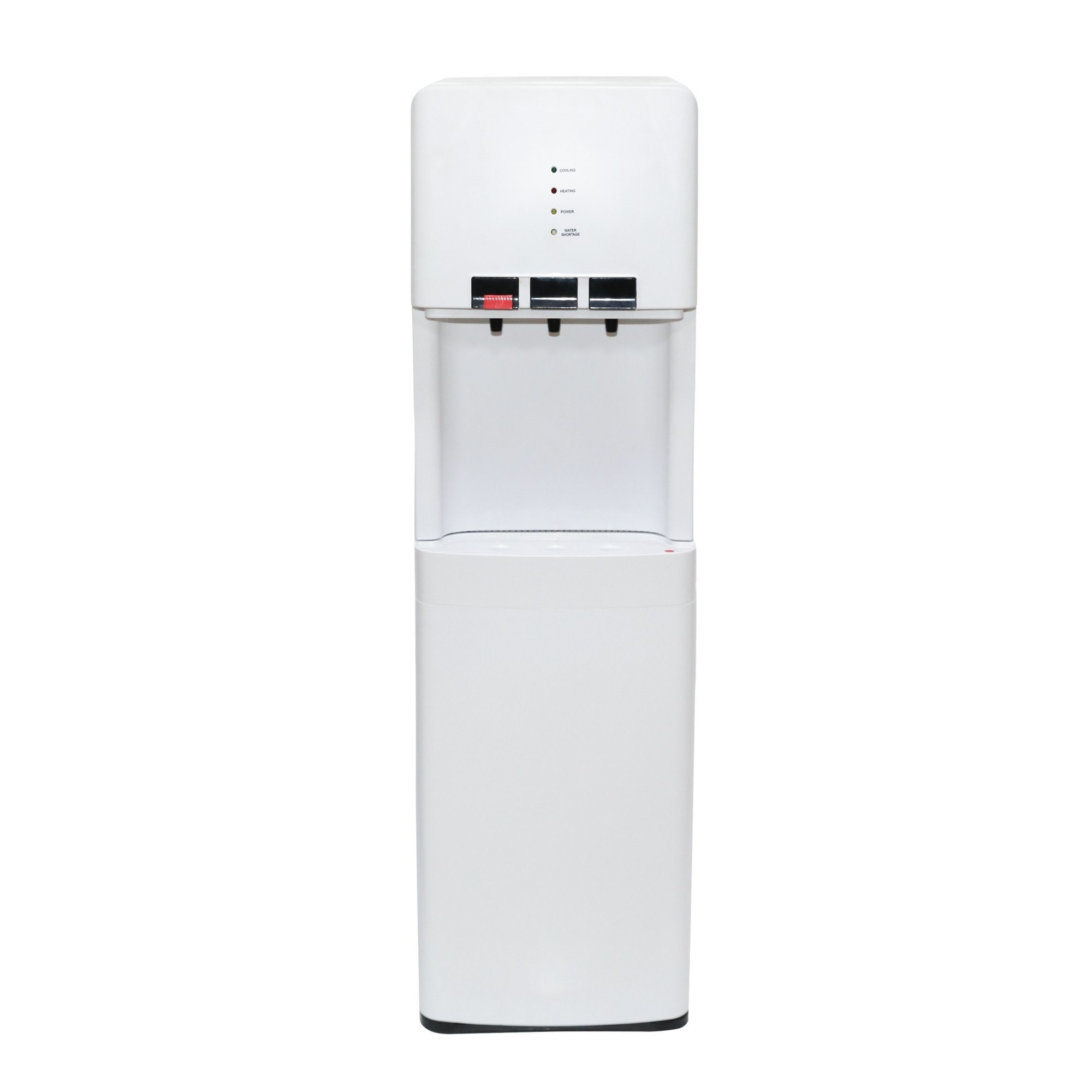
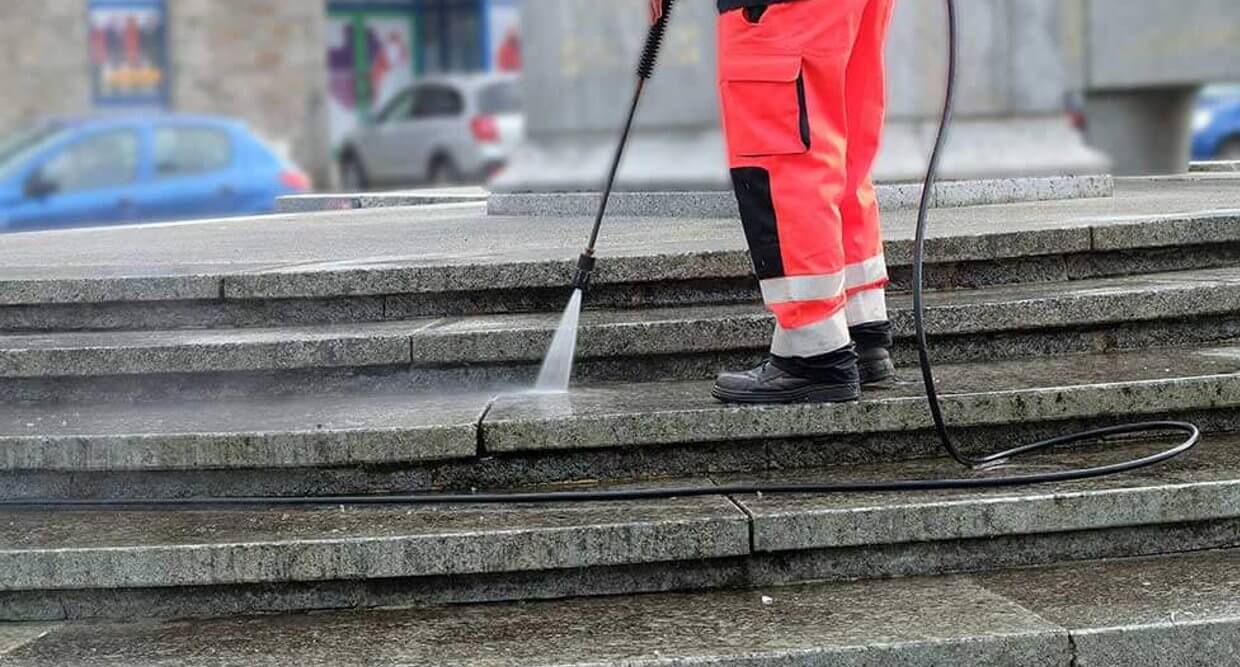
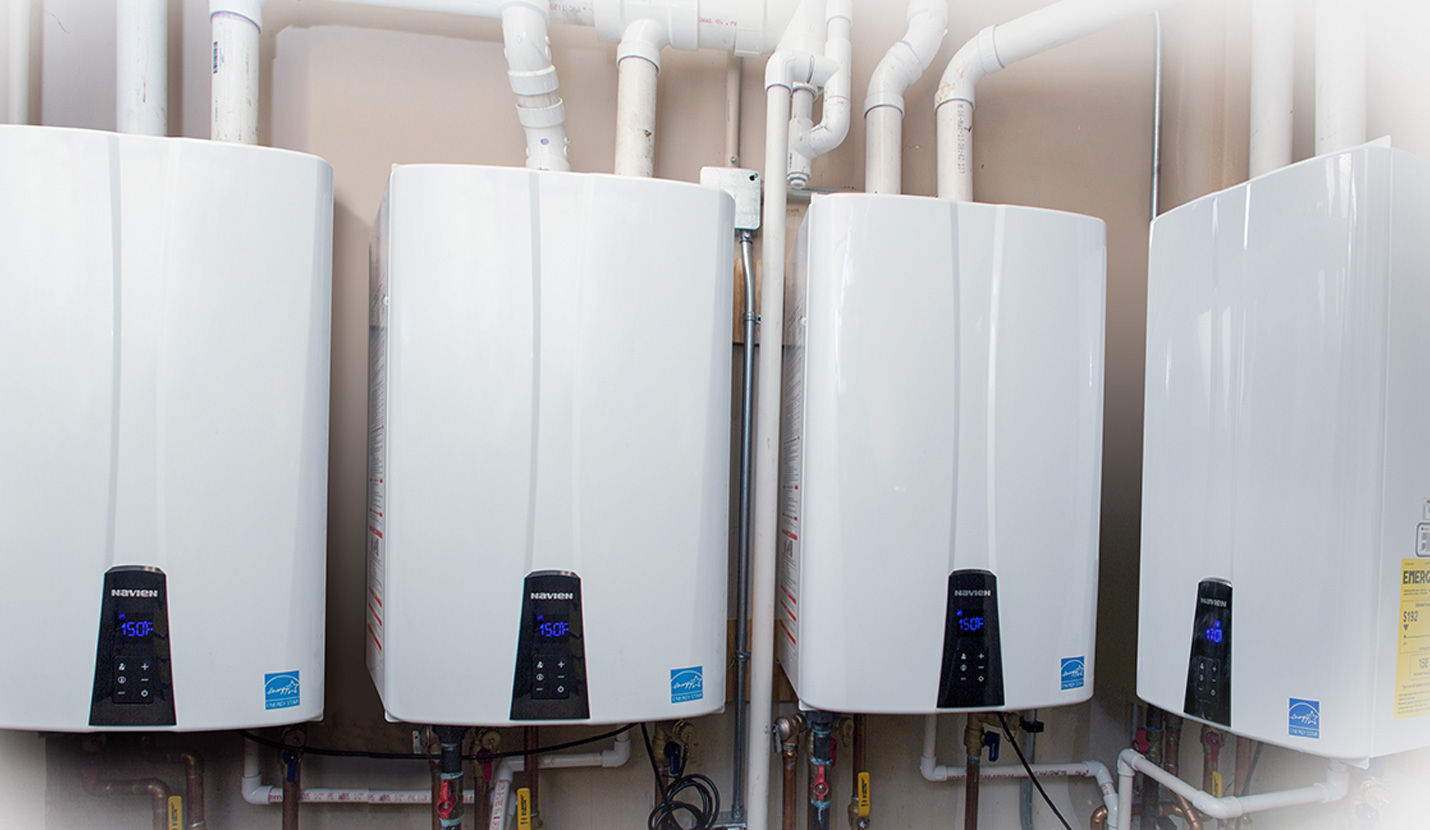
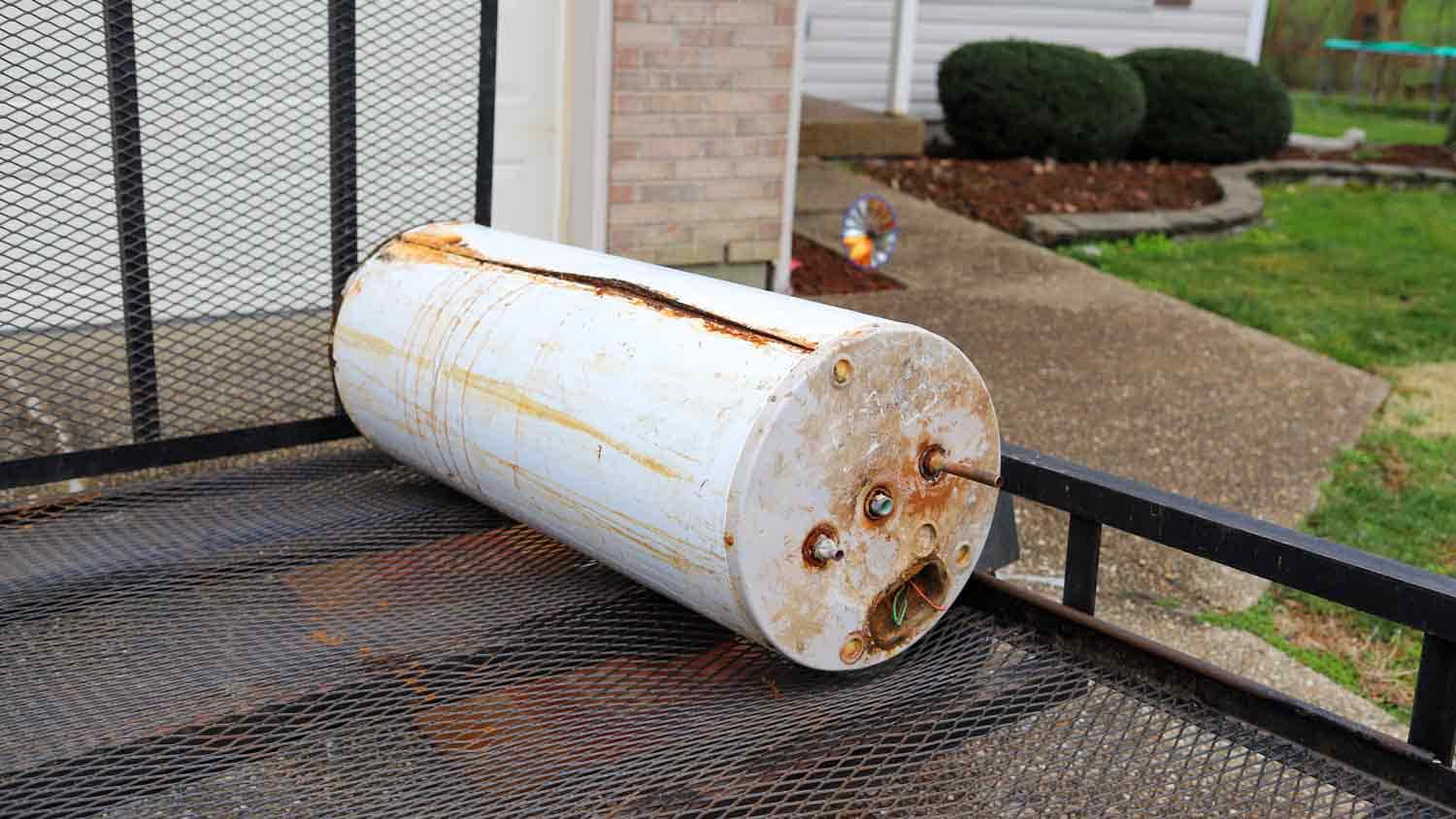
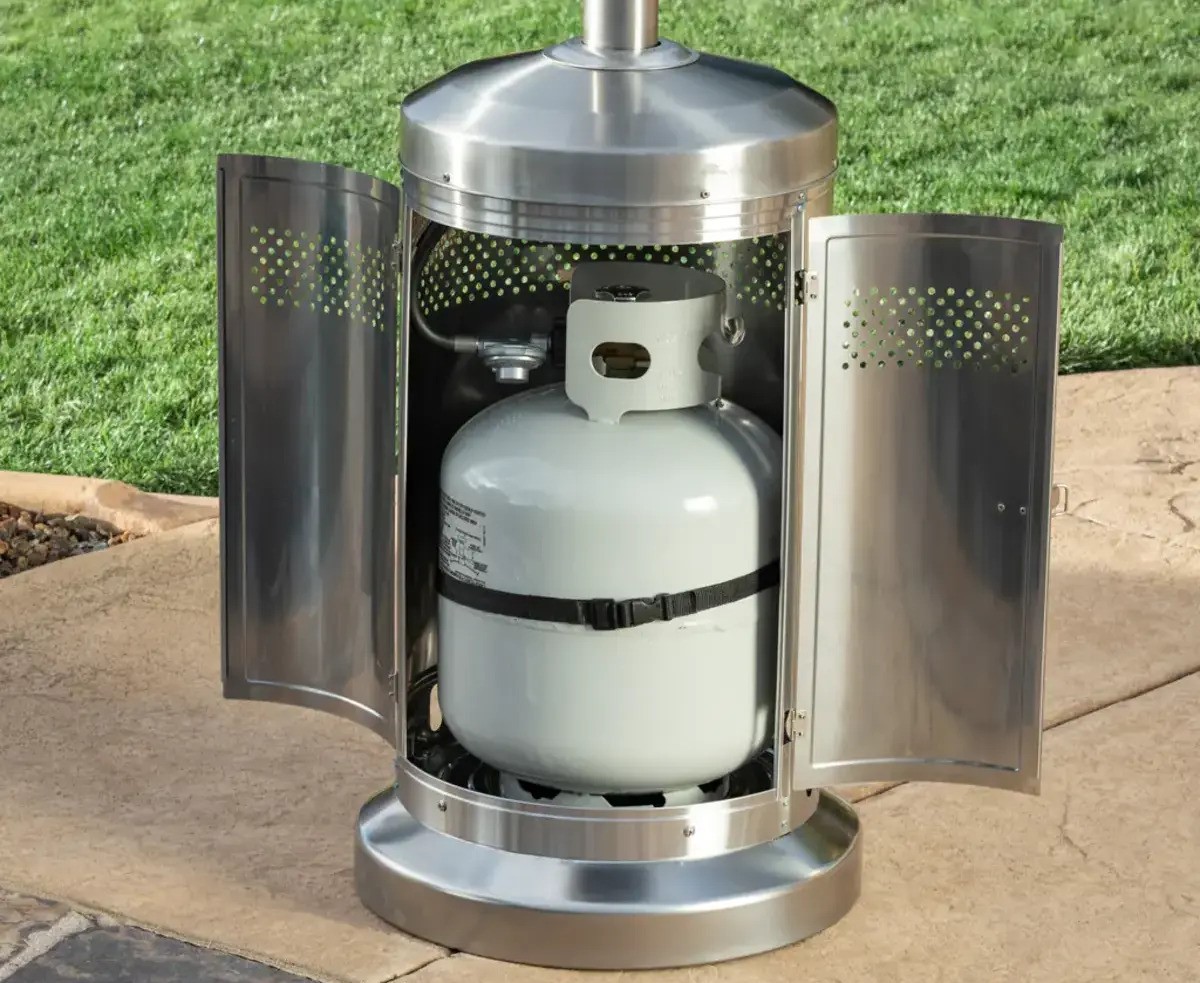

0 thoughts on “How Much Propane Does A Water Heater Use”